Constipation in dogs is more than just an occasional inconvenience. It can point to a deeper issue affecting your pet’s digestive system. While it might not seem urgent at first, prolonged or frequent constipation in dogs can lead to serious discomfort and even medical complications. If you’ve noticed your dog straining during walks, producing small or no stools, or acting uncomfortable, it’s time to take a closer look at what might be going on. This blog explains how to recognize constipation in dogs, what can cause it, and how veterinary treatment can help restore your dog’s comfort and health. If your dog is showing signs of constipation, Central Broward Animal Hospital in Fort Lauderdale can help. Call us at (954) 792-6223 or request an appointment online to speak with one of our skilled veterinarians.

What Is Constipation in Dogs?
Constipation in dogs occurs when a dog has difficulty passing stool or doesn’t have a bowel movement for an unusually long time. This condition can be temporary, but if it becomes recurrent, it may indicate a chronic problem. Understanding how the canine digestive system works helps explain why constipation in dogs can sometimes be more serious than it seems.
The colon, or large intestine, is responsible for absorbing water from waste material and moving stool along toward elimination. If this process slows down, stool can become dry and hard, making it painful or nearly impossible to pass. Constipation in dogs can also result from poor hydration, dietary issues, or underlying medical conditions.
Common Signs of Constipation in Dogs
Knowing what to look for can help you act quickly. These are some of the most common signs of constipation in dogs that pet owners may notice:
Straining or Discomfort When Defecating
A constipated dog may squat multiple times with little or no result. You might notice your dog arching its back or showing signs of discomfort during bowel movements.
Infrequent or No Bowel Movements
A dog who usually defecates once or twice a day might go a day or more without any bowel movements. This is one of the most telling signs of constipation in dogs.
Hard, Dry, or Small Stools
When dogs do manage to pass stool, it may appear hard, dry, or unusually small. This is often a result of too much water being absorbed in the colon.
Scooting or Licking the Rear
Some dogs will drag their bottoms along the floor or excessively lick their anal area due to irritation or discomfort caused by constipation.
Decreased Appetite or Lethargy
If constipation in dogs is severe, it can cause a buildup of waste and toxins, leading to nausea, reduced appetite, and even vomiting.
Vocalizing or Whining
Painful defecation or abdominal discomfort might cause a dog to whimper, cry, or appear restless. If you notice any combination of these signs, it’s best to contact your veterinarian promptly to rule out other issues and begin appropriate treatment.
Causes of Constipation in Dogs
There are many reasons why constipation in dogs can occur. Some causes are temporary and easy to address, while others require more extensive veterinary care.
Dehydration
When a dog isn’t drinking enough water, the colon absorbs more moisture from waste, which results in dry, hard stool that is difficult to pass.
Lack of Exercise
Physical movement stimulates digestion and bowel motility. Dogs with a sedentary lifestyle may be more prone to constipation.
Poor Diet
A diet low in fiber or high in indigestible materials like bones, hair, or foreign objects can contribute to constipation in dogs. Table scraps and rawhide chews are also common culprits.
Medical Conditions
Conditions such as enlarged prostate glands, hernias, tumors, or spinal issues can physically block the colon and prevent proper elimination.
Side Effects from Medications
Certain pain relievers, antihistamines, and diuretics may slow down the digestive system and contribute to constipation in dogs.
Behavioral or Stress-Related Issues
Some dogs may refuse to go to the bathroom due to changes in routine, boarding, travel, or anxiety, which can cause constipation to develop over time.
Diagnosing Constipation in Dogs at Central Broward Animal Hospital
Veterinarians use a combination of clinical history, physical exams, and diagnostic imaging to confirm constipation in dogs and determine its cause. Your vet will ask about your dog’s diet, bathroom habits, activity level, and any changes in behavior. They may palpate your dog’s abdomen to feel for signs of discomfort or fecal buildup. In more complex cases, abdominal X-rays or ultrasounds can help identify obstructions, tumors, or structural issues. Bloodwork may also be recommended to check for dehydration, electrolyte imbalances, or organ dysfunction. Timely diagnosis ensures your veterinarian can develop a treatment plan that addresses the root of the problem.
How Vets Treat Constipation in Dogs
Veterinary treatment for constipation in dogs depends on the severity and underlying cause. Your vet’s approach may include hydration support, diet changes, or medical intervention.
IV Fluids or Subcutaneous Hydration
If your dog is dehydrated, your vet may administer fluids to help soften the stool and support organ function.
Prescription Laxatives or Stool Softeners
Veterinarians can provide safe, pet-specific medications to help move stool more easily through the colon. These products are not the same as human laxatives and should never be given without professional guidance.
High-Fiber Diet or Prescription Food
Your vet might recommend switching to a fiber-rich dog food or adding specific dietary supplements to encourage more regular bowel movements.
Enemas (Performed by a Veterinarian Only)
In more severe cases, your vet may perform an enema to clear the colon. This procedure should always be done in a clinical setting to avoid injury or complications.
Addressing Underlying Conditions
If constipation in dogs is caused by a medical issue like a tumor or enlarged prostate, your veterinarian will recommend appropriate treatment for that condition as part of the constipation management plan.
Can Constipation in Dogs Become Serious?
In most cases, constipation in dogs is mild and treatable. However, when left untreated, it can lead to a more serious condition called obstipation. Obstipation is a chronic form of constipation where the colon becomes impacted with feces, making it almost impossible for the dog to defecate without intervention. Prolonged constipation may also cause distention of the colon, a condition known as megacolon. When this happens, the colon loses its ability to contract and push stool out, leading to permanent damage and ongoing health concerns. The earlier you identify and treat constipation in dogs, the better the outcome. Don’t wait to contact your vet if something seems off.
Preventive Tips That Support Digestive Health
Preventing constipation in dogs often comes down to routine habits and small lifestyle adjustments. These strategies can help reduce the likelihood of constipation from occurring in the first place:
- Provide Fresh Water at All Times: Hydration is one of the most important ways to support digestive function. Make sure your dog has clean water available throughout the day.
- Encourage Daily Exercise: Movement promotes healthy digestion. Daily walks, playtime, or even light activity around the house can help prevent constipation in dogs.
- Feed a Balanced, Fiber-Rich Diet: Talk to your vet about a high-quality dog food that supports digestive health. Some dogs may benefit from added fiber, while others may need specially formulated gastrointestinal diets.
- Avoid Giving Bones or Indigestible Treats: Bones, rawhides, and other tough treats can cause digestive blockages. Choose vet-approved treats that are easy to chew and digest.
- Monitor Bathroom Habits: Stay in tune with your dog’s normal elimination schedule. If you notice fewer bowel movements or signs of strain, contact your vet.
Constipation in dogs can cause significant discomfort and lead to more serious health issues if left unaddressed. Whether your dog is showing signs of straining, skipping bowel movements, or acting off in other ways, the team at Central Broward Animal Hospital is here to help. If you’re concerned about constipation in dogs, call (954) 792-6223 or make an appointment online. Our experienced veterinarians in Fort Lauderdale will assess your pet’s condition and provide the care they need to feel better.
